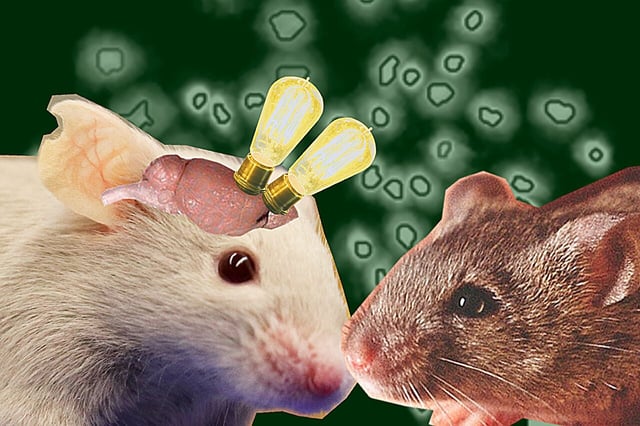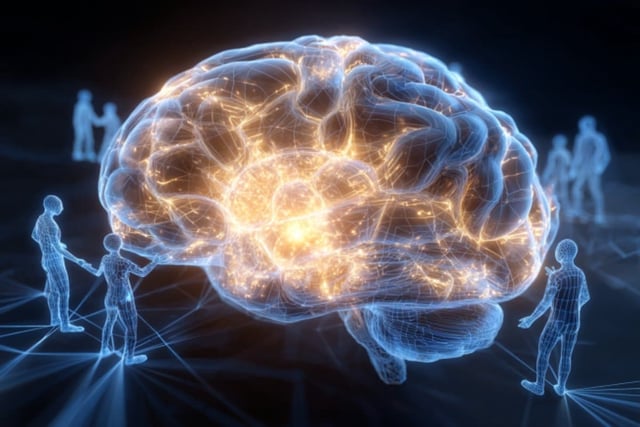Overview
- Researchers found that parvalbumin-positive interneurons in the agranular insular cortex govern whether mice prefer strangers over familiar peers and attend to distressed companions.
- Inhibiting these interneurons abolished social target discrimination and consolation-like preference while leaving overall free social interaction unchanged.
- Microendoscopic calcium imaging and chemogenetic/genetic suppression allowed real-time recording and causal tests of the cells' role in behaving mice.
- The neural effects tracked with changes in pyramidal neuron ensembles that code for significant peers, indicating circuit-level modulation of social target specificity.
- The peer-reviewed findings, published in Cell Reports by Kobe University with collaborators in Kyoto and Hokkaido, note relevance to autism and schizophrenia research and outline the need for comparative human studies.

